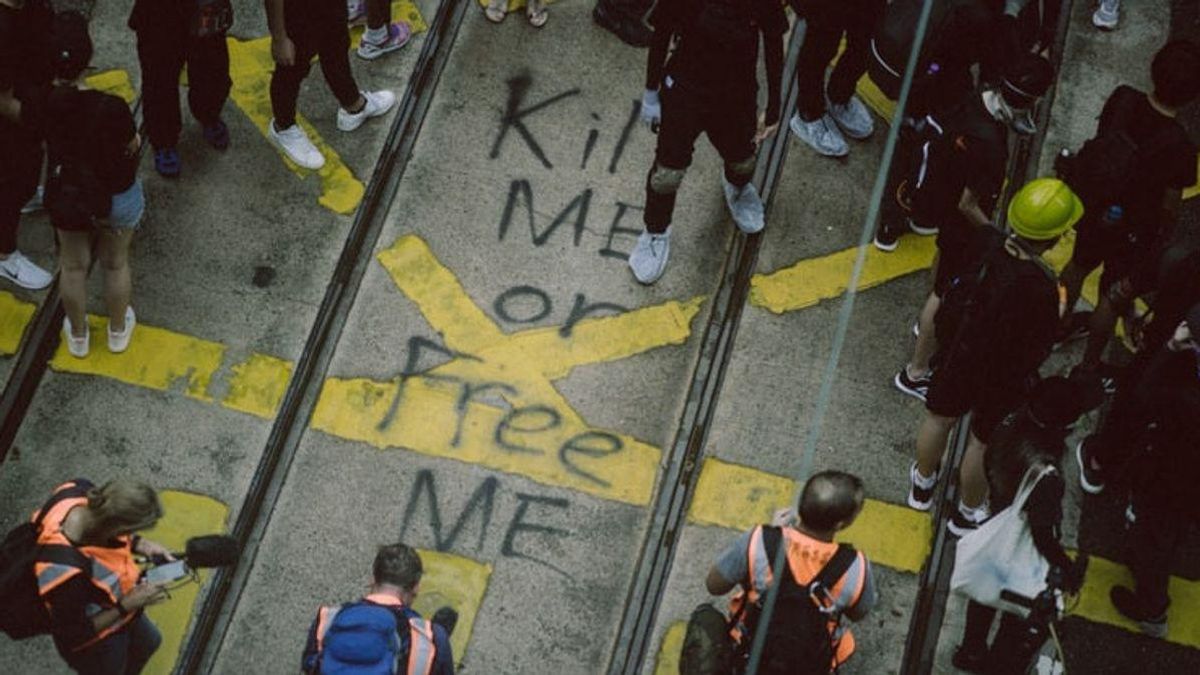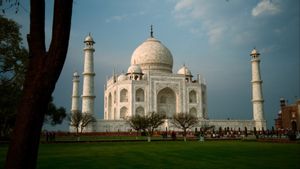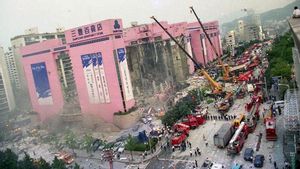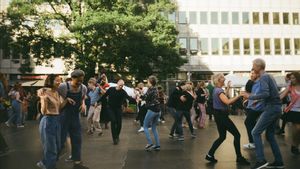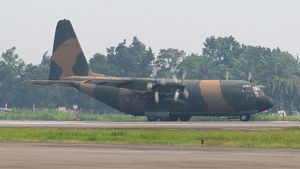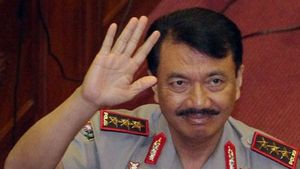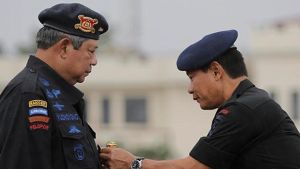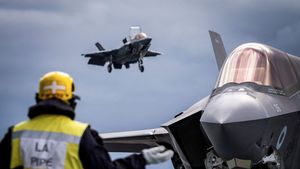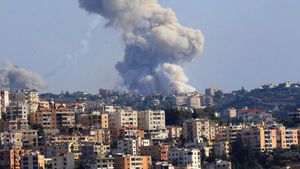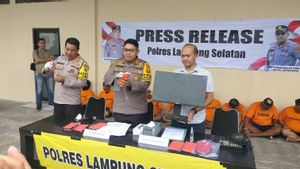JAKARTA - At midnight, July 1, 1997, Hong Kong returned to Chinese rule. Hong Kong's return was marked at a ceremony attended by British Prime Minister Tony Blair, Prince Charles, Chinese President Jiang Zemin, and US Secretary of State, Madeleine Albright.
Instead of being greeted with joy and peace, several thousand Hong Kong residents protested. On the other hand, there is a lot of propaganda spread by the authorities in Beijing to give the impression that Hong Kong is returning to "home".
Citing History, Hong Kong was first under Chinese rule during the Qin Dynasty in the third century BC. Hong Kong continued to be part of the Chinese Empire for about 2,000 years.
But between 1842 and 1898, the British Empire gradually took control of the three main territories that make up modern Hong Kong. The three territories are Hong Kong Island, the Kowloon Peninsula, and the New Territories.
In 1841, China ceded Hong Kong Island to the British with the signing of the Chuenpi Convention and in 1842, the Treaty of Nanking was signed. The convention's signatories officially ended the First Opium War.
Hong Kong under England

Under the British, Hong Kong developed into a center of East-West trade. Control of Hong Kong gave Britain better access to Chinese trade. Passion for more power, war broke out between Sino-British in 1856 and sparked the Second Opium War and ended in 1860.
On July 1, 1898, the United Kingdom negotiated the Second Peking Convention with China. At the heart of the convention, Britain was allowed to lease the New Territories between Boundary Street and the Shenzhen River.
The territory lies on the dividing line between Mainland China and Hong Kong. The lease term expires in 99 years, meaning China wants Hong Kong back on July 1, 1997.
During World War II, the Empire of Japan briefly interrupted British control when it occupied Hong Kong. After the war, countries in Asia, Africa, and America gained independence from Japanese and European control.
But Britain continued to control Hong Kong, one of its last major colonial territories. In 1982, with the expiration date of Britain's lease on the New Territories, British and Chinese leaders met to negotiate a transition.
Since the 1898 lease agreement did not apply to Hong Kong Island and the Kowloon Peninsula south of Boundary Street, the British could try to negotiate to defend the territory. However, the then British PM Margaret Thatcher felt the two regions could not stand alone.
Eventually the British decided that when the deadline came, they would hand over all of Hong Kong to China. Whether Hong Kong society supports the handover is not part of the discussion.
Sino-British joint declaration
In 1984, Britain and China signed the Sino-British Joint Declaration outlining plans for Hong Kong. This declaration stipulates that Hong Kong will become part of China on July 1, 1997.
But the “current social and economic system” and “lifestyle” in Hong Kong will remain the same for the next 50 years. In this “one country, two systems” arrangement, Hong Kong will continue to operate in a capitalist economy and residents will continue to have the right to speech and religious belief, at least until 2047.
However, in reality, even before 2047, China has begun to "restrict" Hong Kong. In 2019, protests broke out over a draft National Security bill that many Hong Kong residents said violated the "one country, two systems" arrangement.

Hong Kong Demonstration (Joseph Chan/Unsplash)
The bill makes it possible for authorities to make extradition from Hong Kong to any jurisdiction that does not yet have a treaty, including mainland China. The demonstrations by the people of Hong Kong actually made the Chinese government stronger in applying its rules.
On 30 June 2020, the National Security Act was enacted, a day before the anniversary of Hong Kong's handover by the UK. Dramatically, the enactment of the law expands the powers of Chinese authorities to investigate, prosecute and punish dissidents.
The National Security Act for Hong Kong has been widely criticized by opposition lawmakers in Hong Kong, human rights groups, and politicians around the world. Many fear the law will be used to target political dissidents, activists, human rights lawyers, and journalists.
Critics also argue that the law could lead to what some have described as "legalized kidnappings." Younger Hong Kongers continue to express concern about what life in Hong Kong will be like in 2047.
*Read other information about WORLD HISTORY or read other interesting articles from Putri Ainur Islam.
Other BERNAS
SEE ALSO:
The English, Chinese, Japanese, Arabic, and French versions are automatically generated by the AI. So there may still be inaccuracies in translating, please always see Indonesian as our main language. (system supported by DigitalSiber.id)
